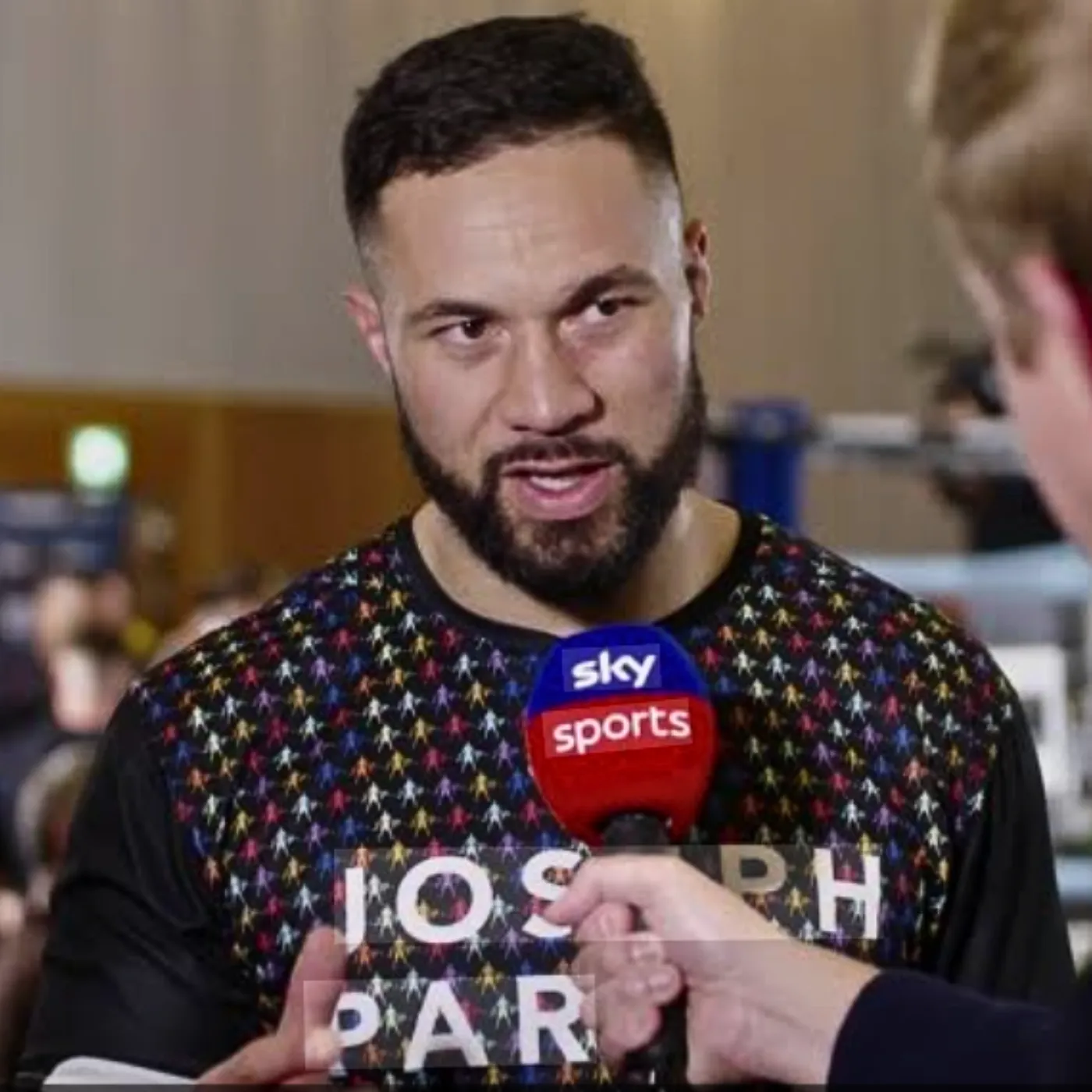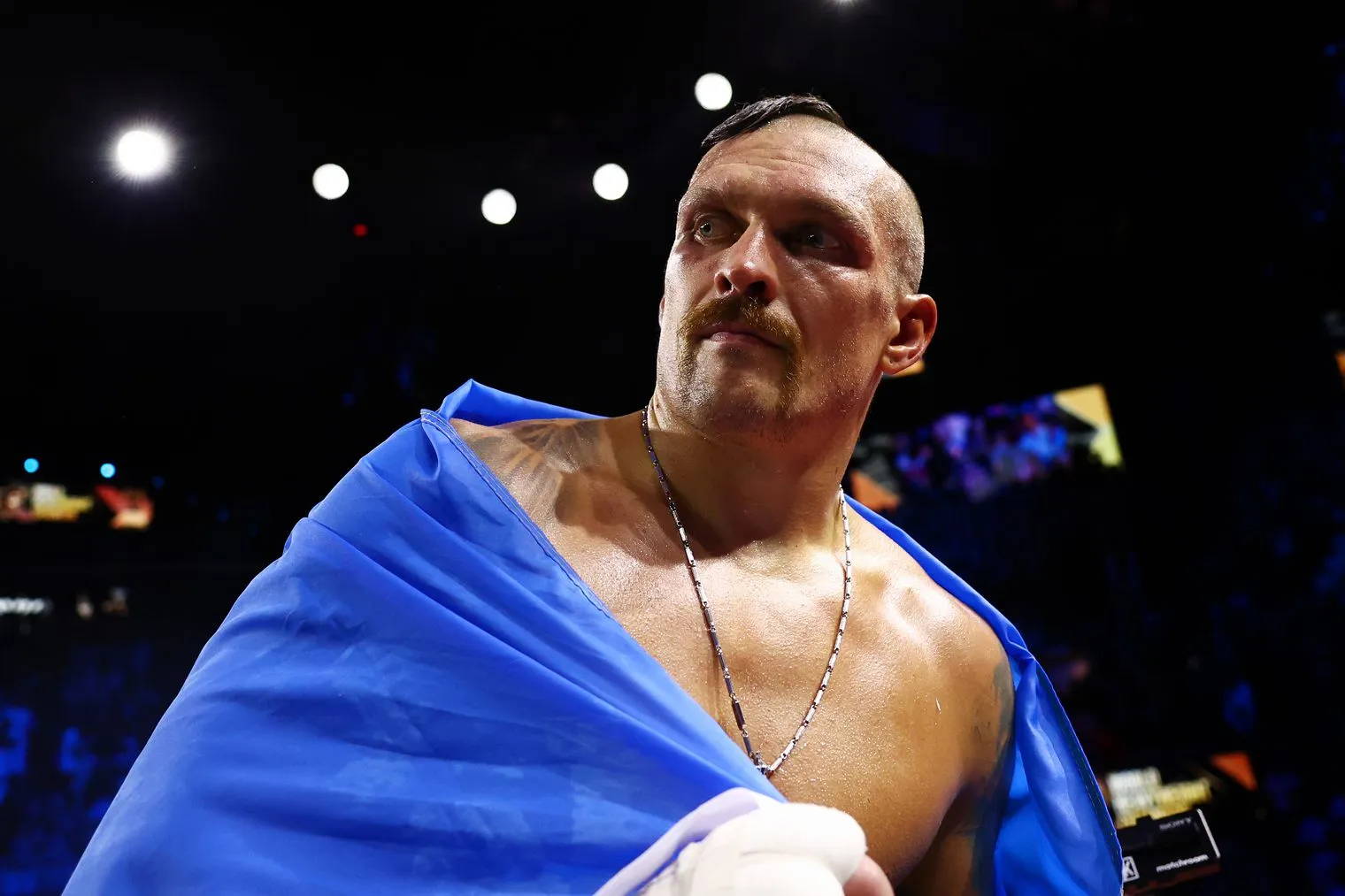
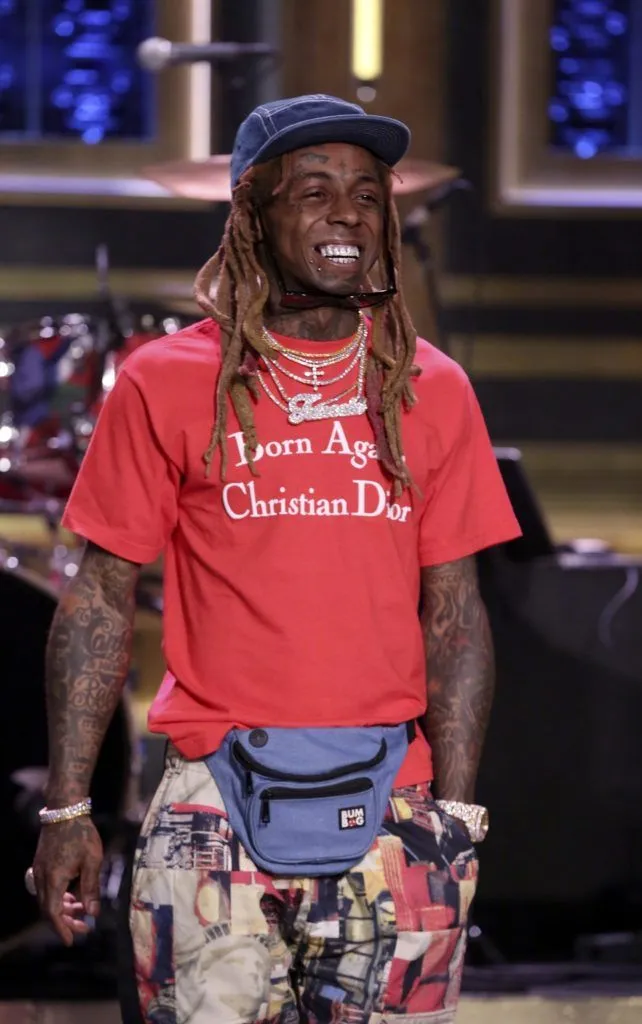
Auto-Tune Was Once Just a Tool – But Lil Wayne Turned It into a ‘Secret Weapon’ That Has Travis Scott and the New Generation Obsessed!
Lil Wayne is not just a rapper—he is a cultural architect who has reshaped the very foundation of modern hip-hop. From introducing emotionally raw storytelling to turning Auto-Tune into an art form, Wayne’s influence extends far beyond his chart-topping hits. Today, we dive deep into how Lil Wayne transformed hip-hop, broke genre barriers, and inspired a generation of artists who continue to push music to new frontiers.
From Gangsta Rap to Emo-Rap: Pioneering Emotional Vulnerability in Hip-Hop
In the early 2000s, hip-hop was dominated by gangsta rap, a style defined by its aggressive lyrics, bravado, and street narratives. Lil Wayne emerged during this era, but he didn’t just follow the formula—he rewrote it. With albums like Tha Carter III, Wayne introduced introspection and emotional vulnerability into a genre previously dominated by toughness and bravado. Lines about heartbreak, personal struggles, and existential reflection weren’t just lyrical flourishes—they were revolutionary.
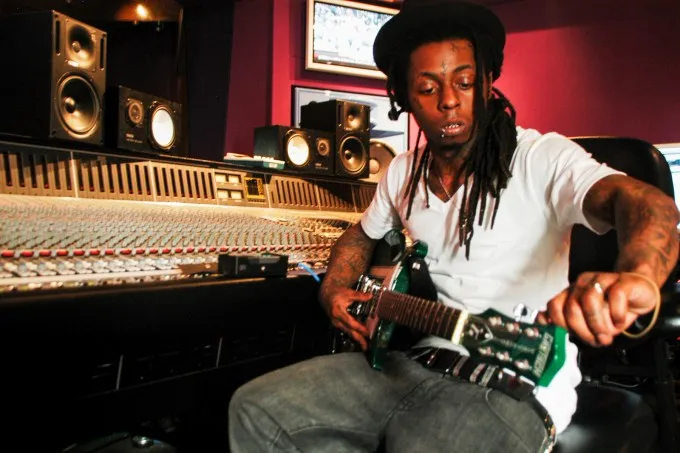
Wayne’s fearless approach to expressing personal emotions paved the way for artists like Kid Cudi, whose moody, introspective style reshaped the mainstream; Drake, whose emotionally nuanced storytelling dominates radio waves; and Juice WRLD, whose raw, confessional approach to heartbreak and mental health became a blueprint for emo-rap. In short, Lil Wayne made it acceptable for a rapper to be human, and that shift has rippled across generations.
Auto-Tune to “Auto-Wayne”: Redefining Vocal Innovation
While Lil Wayne did not invent Auto-Tune, he turned it from a studio tool into a signature artistic expression. Albums like Rebirth and tracks like Lollipop showcased his innovative use of pitch correction to create complex, melodic harmonies that were entirely new to hip-hop audiences. Wayne didn’t just use Auto-Tune to correct vocals—he used it to enhance emotion, bend melody, and experiment with sound in ways that made listeners sit up and take notice.
This groundbreaking approach influenced countless artists who followed. Travis Scott, known for his psychedelic, Auto-Tuned soundscapes, often cites Wayne’s experiments as foundational. Lil Wayne effectively demonstrated that hip-hop vocals could be as expressive and experimental as pop or rock, paving the way for a generation that views voice manipulation as a core element of musical artistry.
Unpredictable Hits: Collaborating Across Genres
If there’s one word to describe Lil Wayne’s career, it’s unpredictable. Wayne has collaborated with artists from virtually every genre imaginable—from Fall Out Boy and rock crossovers to pop icons like Madonna. These collaborations weren’t just gimmicks; they redefined hip-hop’s boundaries, proving that the genre could seamlessly blend with other musical styles without losing its essence.
Wayne’s ability to adapt his style while maintaining his signature flow has made him a sought-after collaborator. Fans never know what to expect—whether he’s delivering a fiery verse on a trap beat or harmonizing over a rock anthem, Wayne keeps the audience on edge. This versatility not only expanded his fanbase but also redefined what it means to be a hip-hop artist in the 21st century.
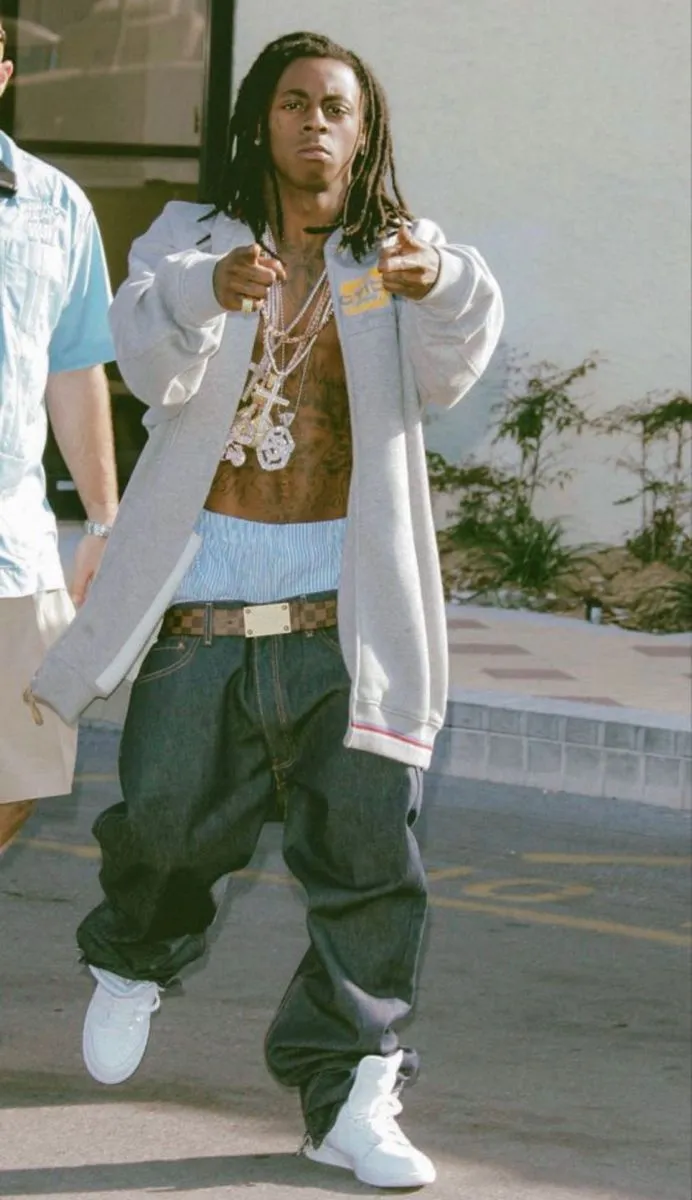
The Lyricism That Broke Records
Beyond emotional depth and experimental production, Lil Wayne is also a master lyricist. His clever wordplay, inventive metaphors, and rapid-fire delivery have set a benchmark in the rap world. Wayne’s punchlines are often quoted, dissected, and memorized by fans, highlighting a level of linguistic creativity rarely seen in mainstream music. This lyrical genius, combined with his emotional openness, makes Wayne a unique bridge between old-school and modern hip-hop.
Cultural Impact: Setting Trends, Influencing Fashion, and Shaping Hip-Hop Identity
Lil Wayne’s influence goes beyond music. His personal style—from dreadlocks and tattoos to his eccentric fashion choices—has shaped the aesthetic of hip-hop culture for over two decades. Wayne has consistently set trends, whether in streetwear, tattoo culture, or the broader fashion industry. His persona demonstrates that hip-hop is not just a genre of music—it’s a cultural movement.
Furthermore, Wayne’s outspoken nature and fearless persona have made him a voice for authenticity in an industry often criticized for its superficiality. By staying true to his artistic vision, Wayne has inspired countless emerging artists to embrace individuality rather than conform to commercial expectations.
Mentorship and Shaping the Next Generation
Lil Wayne’s legacy also extends far beyond his own music through his role as a mentor and industry leader. As the head of Young Money Entertainment, he has been instrumental in discovering, nurturing, and launching the careers of global superstars like Drake and Nicki Minaj, both of whom have gone on to define modern hip-hop in their own right.
Wayne’s guidance goes beyond mere advice—he provides artists with creative freedom, strategic career insights, and the tools to navigate the often complex music industry, fostering a culture of innovation and resilience. This mentorship demonstrates that Wayne’s impact isn’t confined to his own discography; he is actively shaping the future of hip-hop, ensuring that his pioneering spirit, bold experimentation, and fearless approach to artistry continue to thrive in the next generation of artists.
The Business Savvy of a Hip-Hop Icon
Wayne’s ability to navigate the music industry also speaks volumes about his influence. Over the years, he has masterfully leveraged mixtapes, high-profile collaborations, and innovative entrepreneurial ventures to maintain his relevance in an ever-evolving market. Unlike many artists who rely solely on traditional album releases, Wayne has consistently explored new distribution methods, digital platforms, and branding opportunities to reach audiences in fresh ways.
His strategies—often unconventional and ahead of their time—have not only helped him sustain a decades-long career but also redefined how hip-hop artists can control their own careers, shape their personal brand, and build a lasting legacy, further solidifying his status as a true transformative figure in modern music.
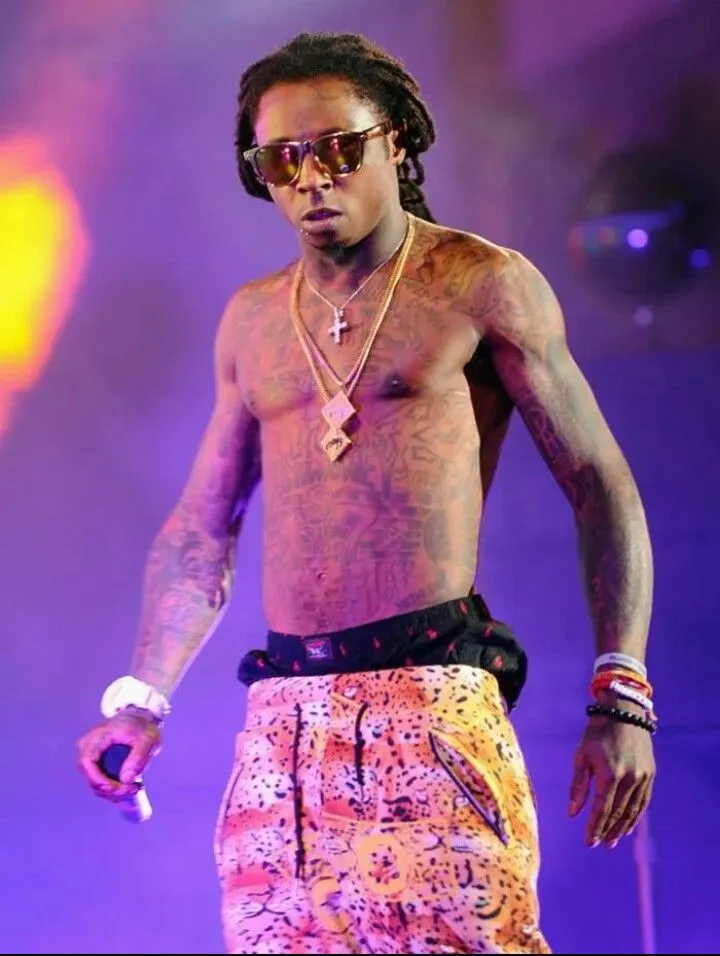
Why Lil Wayne’s Influence Remains Unmatched
From emotional innovation and Auto-Tune experimentation to cross-genre collaborations and cultural leadership, Lil Wayne has redefined every aspect of hip-hop. He showed that vulnerability can coexist with bravado, melody can enhance rap, and creativity can break industry boundaries. The ripple effect of his innovations is visible in nearly every major artist today, proving that Wayne’s influence is not just historical—it is permanently embedded in the DNA of modern music.
Whether you’re a fan of classic hip-hop, emo-rap, or experimental pop, Lil Wayne’s fingerprints are everywhere. He remains a trendsetter, innovator, and icon, continuously inspiring artists to take risks, express themselves, and push the boundaries of what hip-hop can be. To understand contemporary hip-hop, one must understand Lil Wayne—not just as a rapper, but as a revolutionary force.









